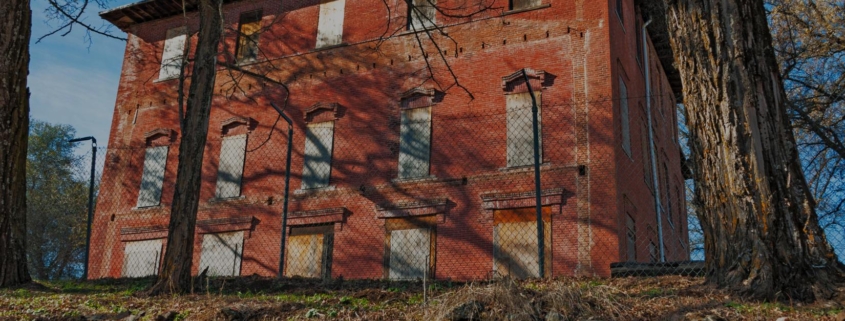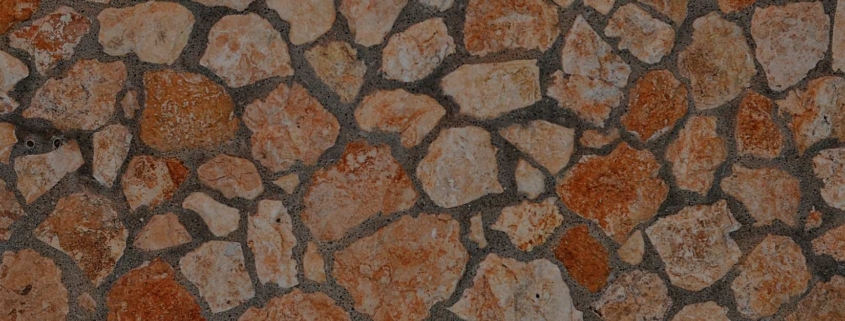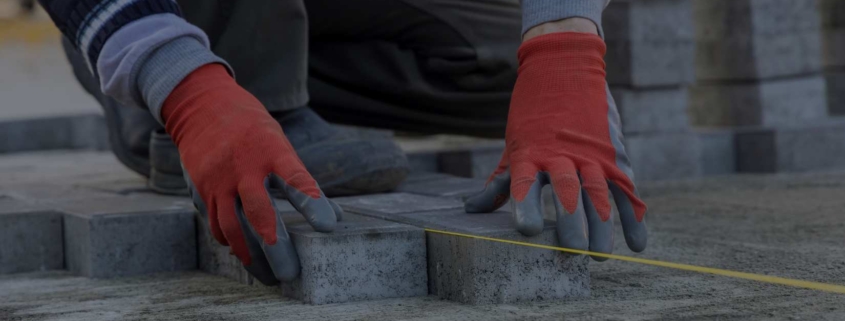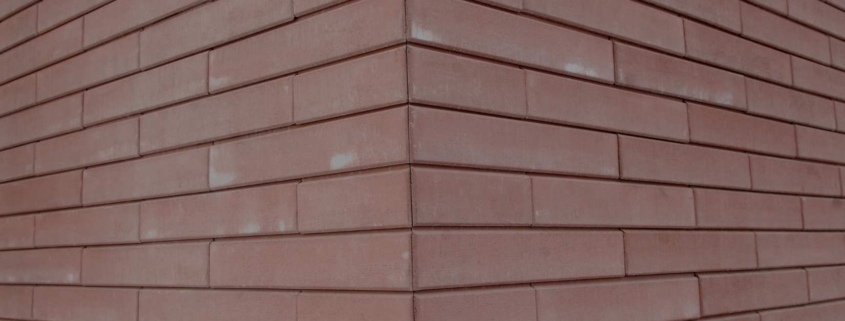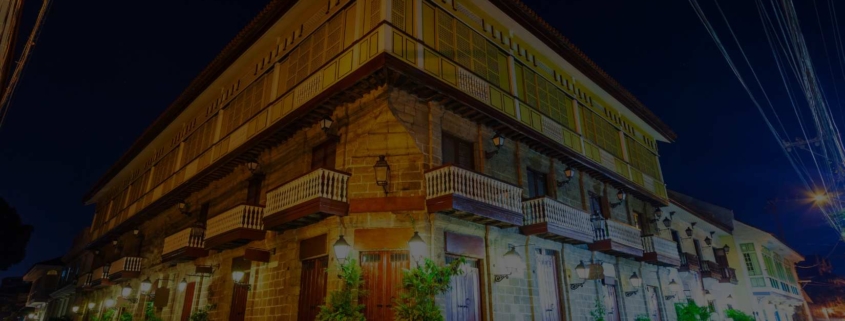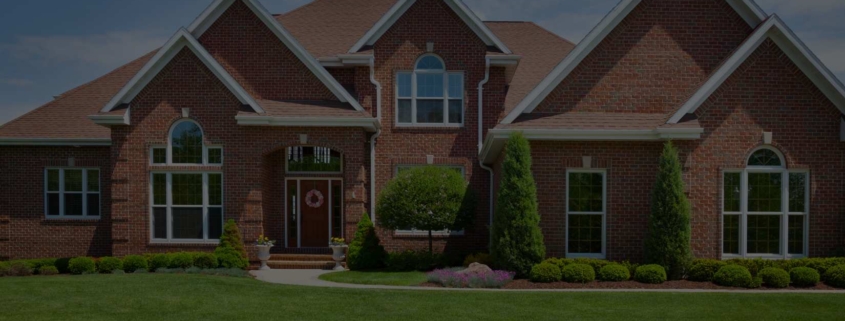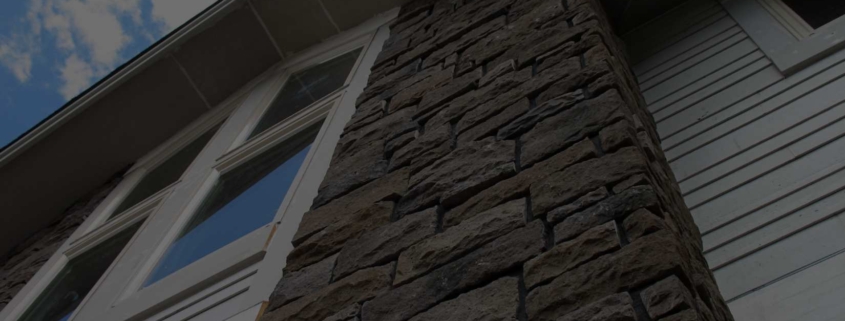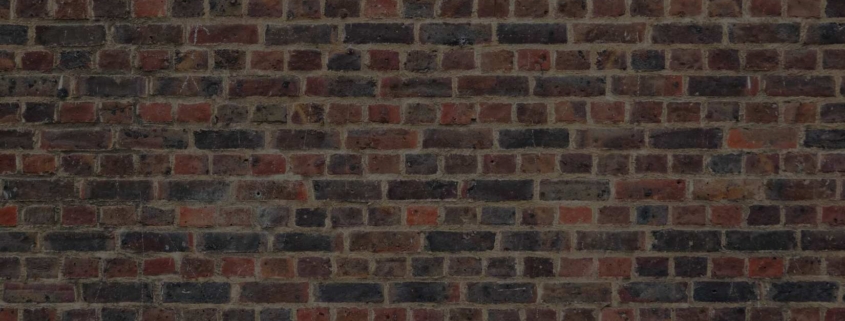Tuckpointing is a specialized masonry technique that involves the meticulous removal and replacement of deteriorated mortar between bricks or stones. This process not only restores the structural integrity of masonry structures but also enhances their aesthetic appeal. For homeowners in Richmond Hill, Ontario, understanding the significance of tuckpointing is essential for maintaining the durability and appearance of their brick or stone homes.
What is Tuckpointing?
Tuckpointing involves carefully removing damaged or deteriorated mortar from the joints between bricks or stones and replacing it with new mortar that matches the original in color and composition. This process ensures a seamless and durable bond, preserving both the structural integrity and visual appeal of the masonry. The term “tuckpointing” originates from the practice of “tucking” a thin line of contrasting mortar into the joints to create the illusion of well-maintained, fine joints.
Signs That Indicate the Need for Tuckpointing
Recognizing the early signs of mortar deterioration is crucial in maintaining the integrity of masonry structures. Over time, weathering and environmental factors can cause mortar joints to weaken and crumble, leading to potential structural damage. Homeowners should be vigilant for the following indicators:
•Crumbling or Cracked Mortar: Visible deterioration of the mortar between bricks or stones, such as crumbling, cracking, or missing sections, suggests that tuckpointing is necessary.
•Gaps Between Bricks or Stones: The presence of gaps or spaces between masonry units indicates that the mortar has deteriorated, compromising the stability of the structure.
•Water Penetration: Evidence of water infiltration, such as damp spots or water stains on interior walls, can result from deteriorated mortar joints allowing moisture to seep into the structure.
•Loose or Displaced Bricks or Stones: If bricks or stones are becoming loose or have shifted from their original position, it is a clear sign that the mortar has failed and requires attention.
The Tuckpointing Process
The tuckpointing process is methodical and requires skilled craftsmanship to ensure that the new mortar matches the existing color and texture, preserving the aesthetic appeal of the brickwork. The key steps involved include:
1.Inspection and Assessment: A thorough examination of the brickwork to identify areas with damaged or deteriorated mortar.
2.Removal of Damaged Mortar: Carefully removing the deteriorated mortar to a certain depth to ensure a solid base for the new mortar.
3.Preparation of New Mortar: Mixing new mortar that matches the original in color and composition to maintain the structure’s appearance.
4.Application of New Mortar: Filling the cleaned joints with the new mortar, ensuring proper adhesion and a smooth finish.
5.Finishing Touches: Applying a thin line of contrasting mortar, if desired, to create the appearance of fine joints, enhancing the visual appeal.
Benefits of Tuckpointing
Tuckpointing offers several advantages for homeowners:
•Preservation of Structural Integrity: By renewing the mortar joints, tuckpointing ensures the masonry remains weather-tight and visually appealing, preventing water infiltration and further deterioration.
•Enhanced Aesthetic Appeal: Tuckpointing restores the original appearance of brick or stone structures, maintaining their historical and architectural value.
•Increased Property Value: Well-maintained masonry contributes to the overall value of a property, making tuckpointing a worthwhile investment.
Conclusion
Understanding the importance of tuckpointing and recognizing the signs that your brick structure requires attention can protect and maintain your property’s integrity, aesthetics, and value. For homeowners in Richmond Hill, Ontario, regular inspections and timely tuckpointing can prevent costly repairs and ensure the longevity of their masonry structures. Consulting with professional masonry services is recommended to achieve the best results and maintain the beauty and durability of your home.

